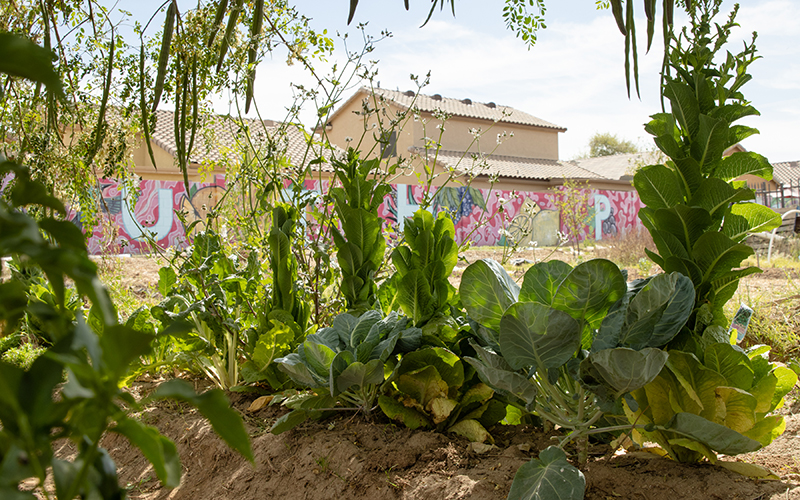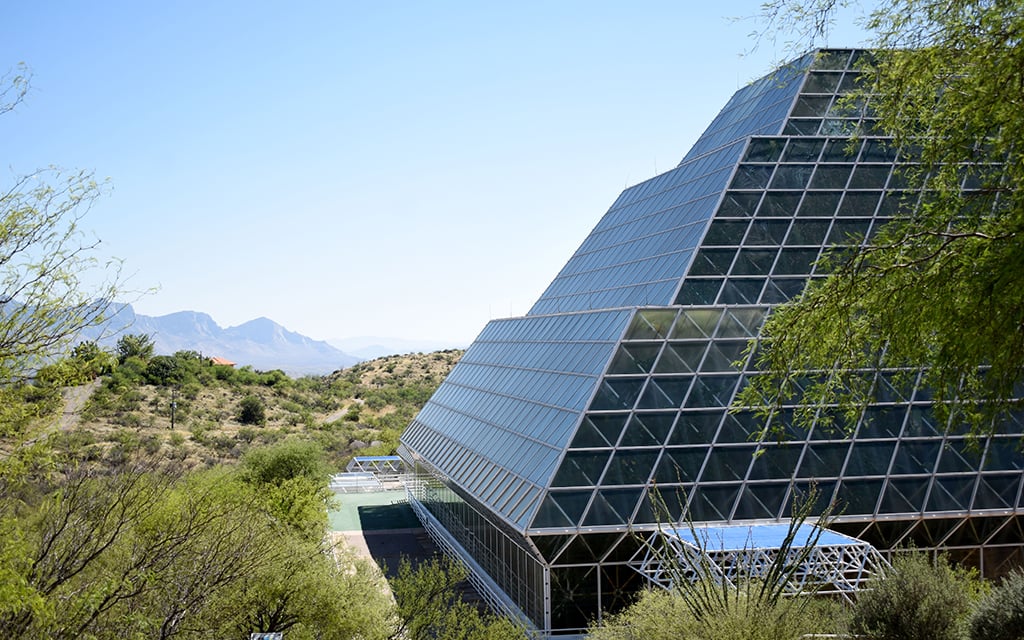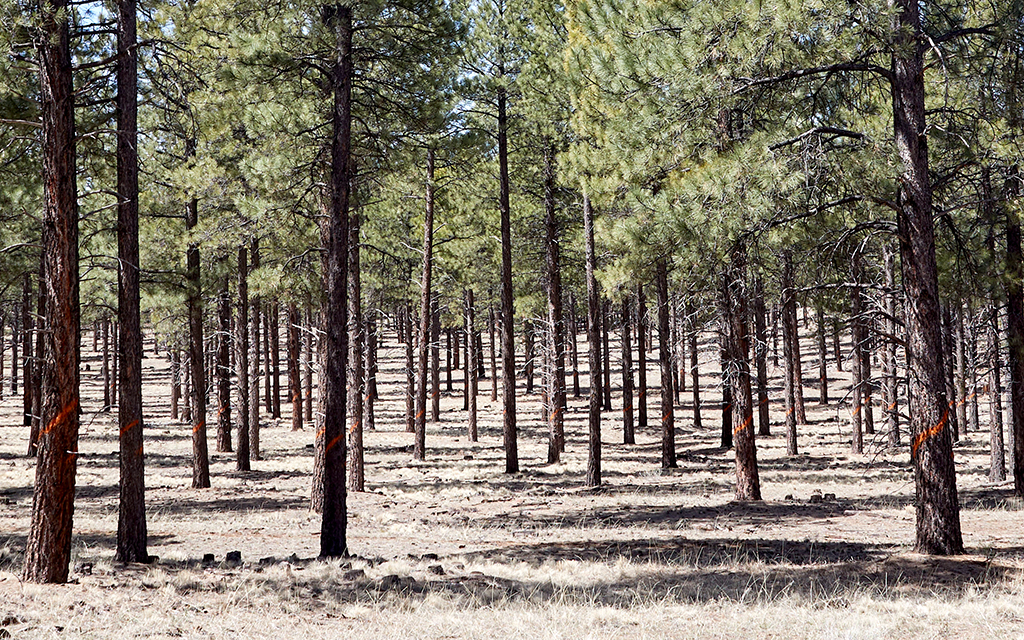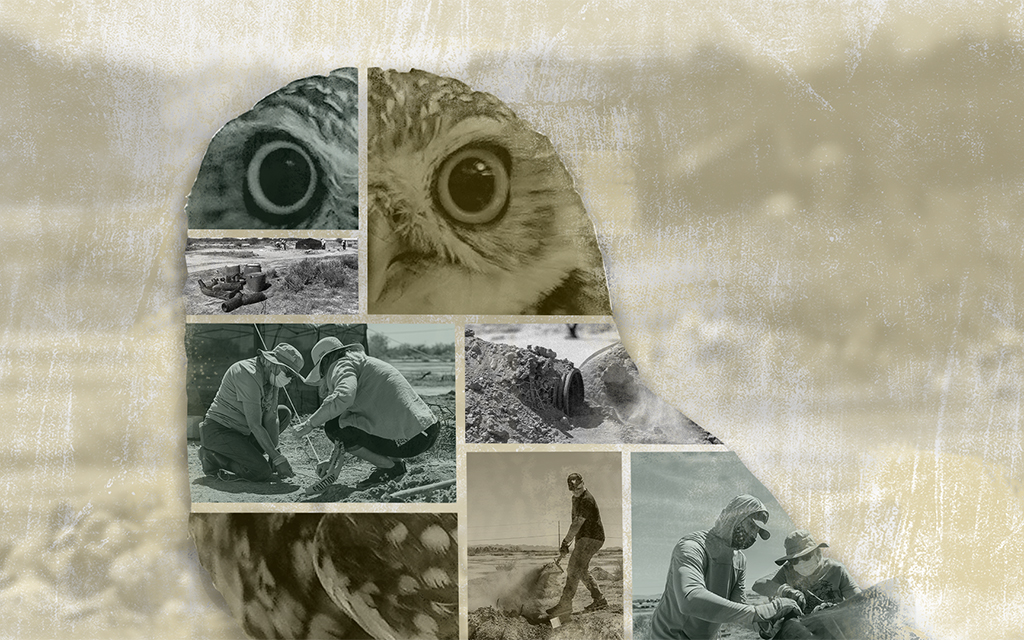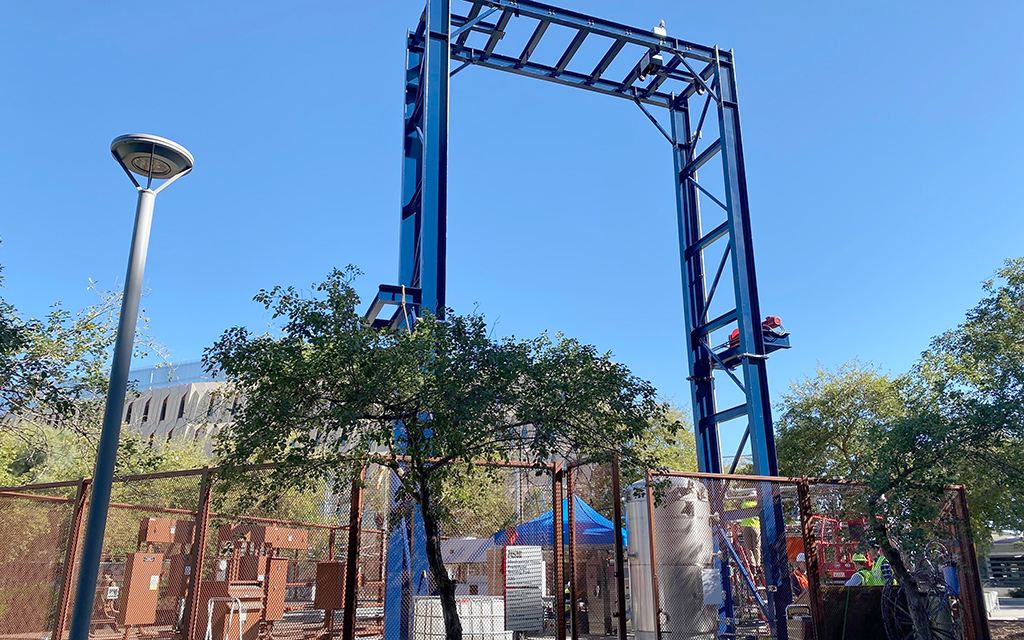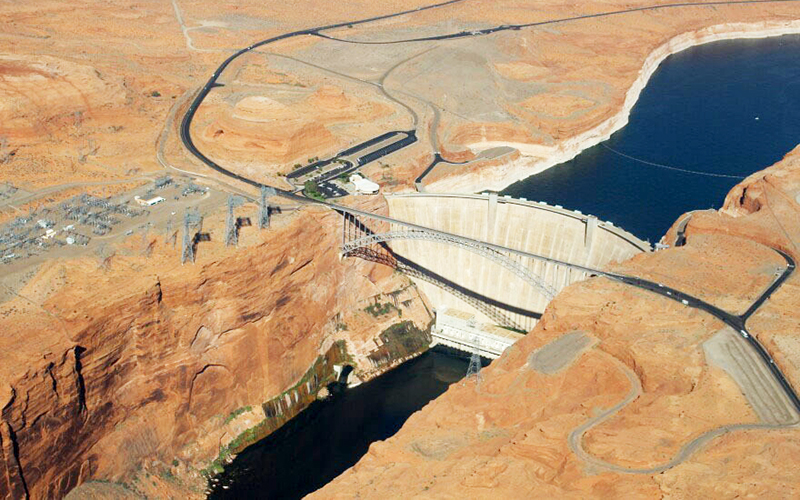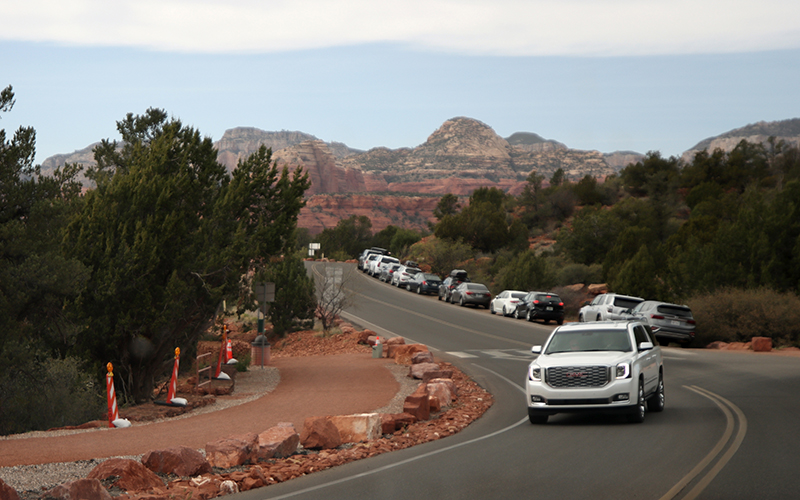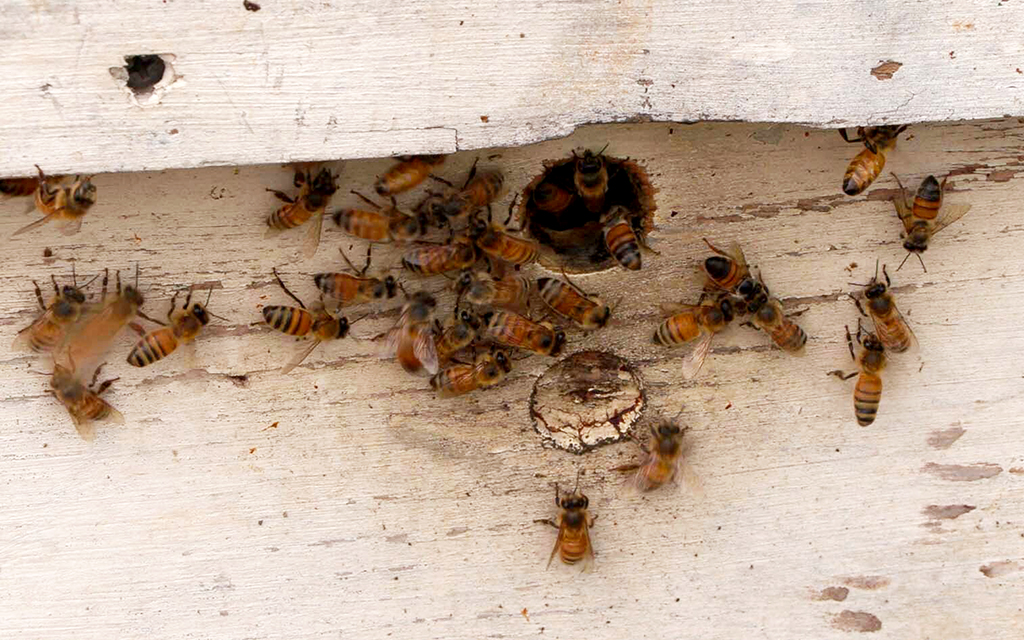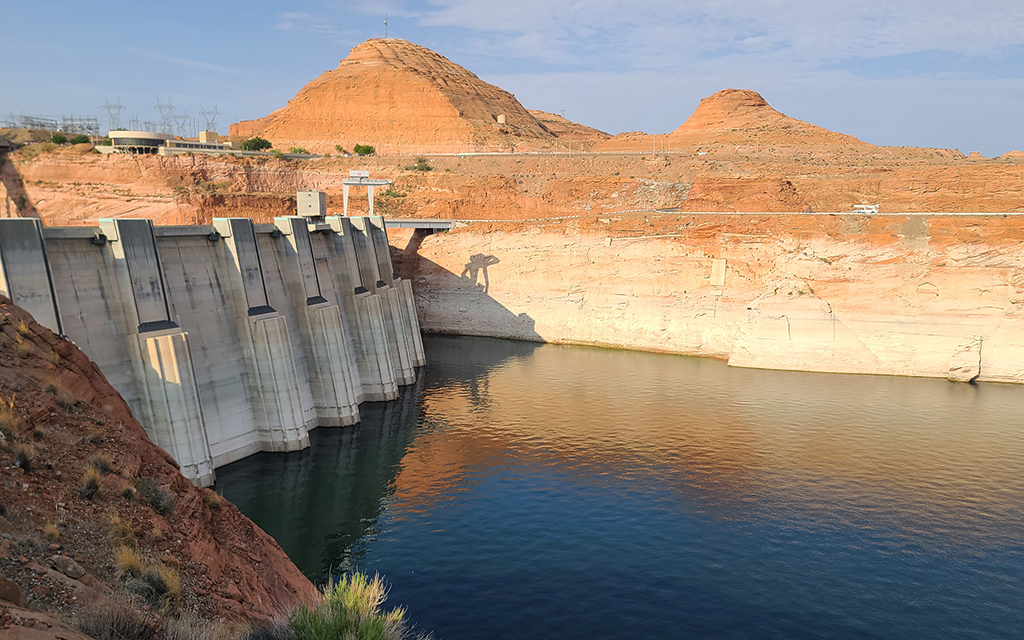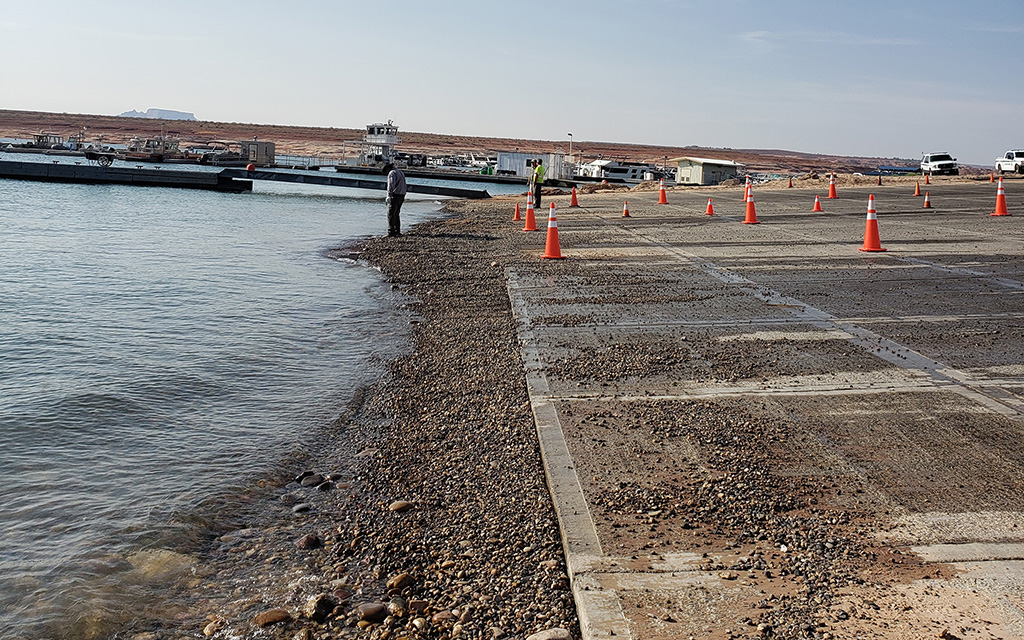Bloom where you’re planted: How a south Phoenix farm harnesses Mother Earth
PHOENIX – Spaces of Opportunity – a partnership that includes Unlimited Potential, the Desert Botanical Garden and the Roosevelt Elementary School District – consists of small family gardens and a 10-acre incubator farm, as well as a farmers market. Its mission is to provide all south Phoenix families access to healthful, affordable food, promote active living and create strong bonds to individual cultures.
Unregulated groundwater use threatens rural Arizona’s future
KINGMAN – Arizona doesn’t regulate groundwater use in rural areas, which covers 80% of the state, and it’s affecting Kingman and other communities reliant on groundwater.
UArizona’s rainforest in the desert is a testing ground for understanding methane
ORACLE – University of Arizona assistant professor Joost van Haren is leading a research project at the Biosphere 2’s rainforest. He and his team of five student engineers are working to better understand methane emissions from the Amazon rainforest.
Forest health in Arizona: Stressed by drought and pests, trees are losing resilience to changing climate
FLAGSTAFF – Many of Arizona’s forests and woodlands are in bad shape, experts say. They’re overgrown, stressed by drought and facing increased threats from wildfires. But stakeholders across the state are collaborating to restore the forests to health. Take a walk in the woods in the Coconino National Forest to see for yourself.
Burrowing owls’ habitat losses have wildlife experts working to relocate them
FLORENCE – Burrowing owls, ground-dwelling birds that are listed as a species of concern in Arizona, continue to be at risk from ongoing development. As more open desert and farmland is developed across the state, one group is relocating burrowing owls to new sites.
‘What is your climate future?’ How tarot card readings could ease ‘eco-anxiety’
Artist and Arizona State University professor Adriene Jenik thought giving tarot card readings on climate change was “nutty.” But scientists supported her, and now she’s given thousands of ECOtarot readings all over the world to address eco-anxiety.
Can a MechanicalTree remove enough carbon to slow climate change?
TEMPE – Engineers at Arizona State University have worked on a MechanicalTree that passively collects and repurposes carbon from the atmosphere. With carbon emissions continuing to rise, they view this tree as a potential solution to slow climate change.
Federal government rolls out ‘extraordinary actions’ to prop up Lake Powell, Glen Canyon Dam
The U.S. Bureau of Reclamation announced two measures Tuesday to boost water levels in Lake Powell, keeping them high enough to continue generating hydropower at the Glen Canyon Dam. But experts say the new federal plans might not be enough – even for a short-term fix.
Sustainable in Sedona: As tourism rises, city’s free shuttles ease parking problems
SEDONA – Tourists looking for outdoor activities with social distancing flocked to Sedona during the pandemic, adding to traffic congestion and prompting the city to expedite plans to make its tourism more sustainable, including a shuttle for hikers and deterrents to off-road vehicles in certain places.
Growers turn to innovative solutions to curb rising beehive thefts
KINGSBURG, Calif. – Over a third of the country's vegetables and two-thirds of its fruits and nuts are grown in California, and many crops depend on bees to produce food. Honeybees routinely are transported farm-to-farm to do their job of pollination. But this year alone, 1,169 beehives have been reported stolen or vandalized in California.
States, feds weigh next steps amid ‘profound concerns’ over dam levels
WASHINGTON - Federal officials say they are in uncharted territory with their plan to sharply cut releases from Lake Powell, as they scramble to find ways to protect water supplies and power generation by propping up lake levels that have fallen to historic lows.
Colorado, San Pedro make annual list of ‘most endangered’ U.S. rivers
WASHINGTON – Two Arizona rivers landed on an annual list of the top 10 "most endangered" rivers in the U.S. this week, including the drought-ravaged Colorado in the No. 1 spot. The San Pedro River was in eighth place due to groundwater pumping that threatens the river.
